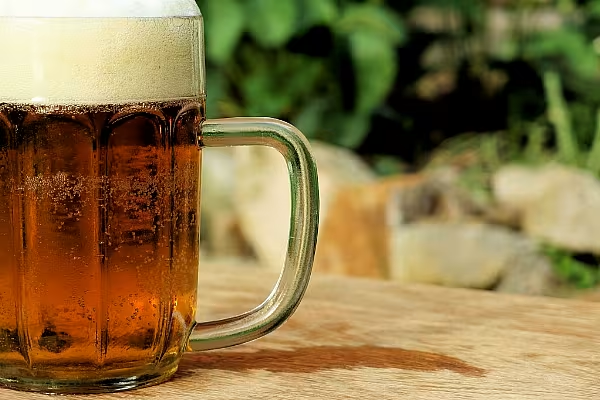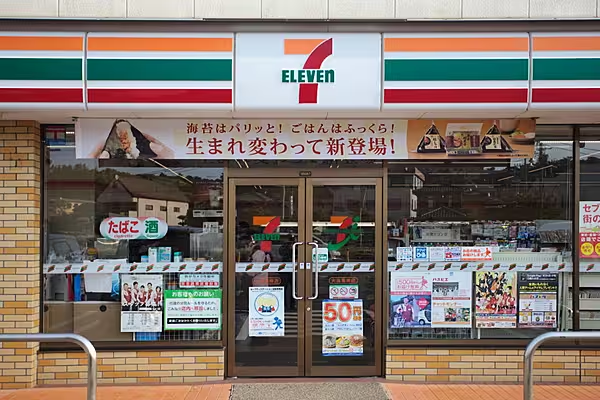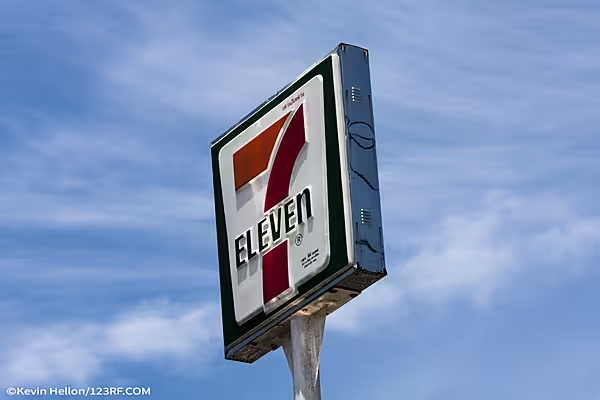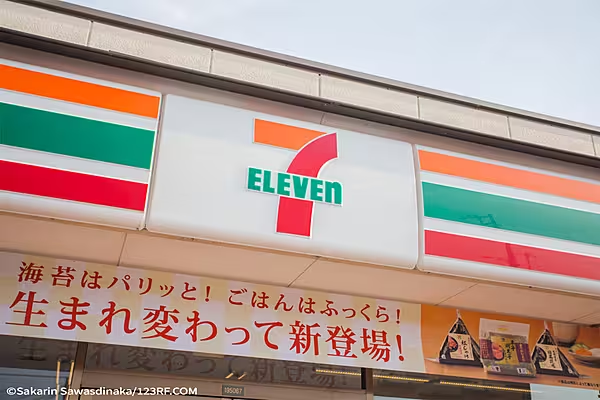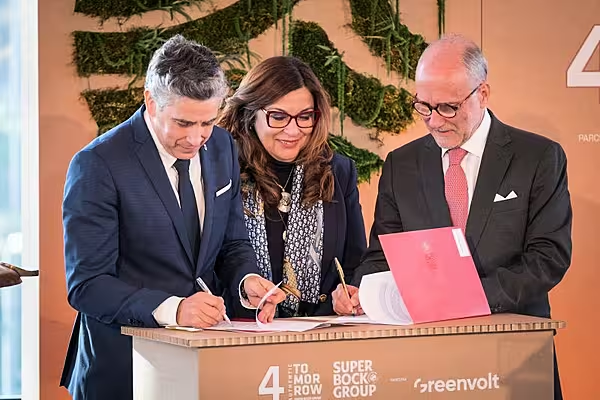Asahi's agreement to buy some of SABMiller's premium beer brands may be small, but it's emblematic of how big mergers can tear up the carefully laid strategy of one side of a deal.
The sale is being orchestrated by AB InBev, the Belgian brewer that's agreed to buy SABMiller to create a $120 billion global beer behemoth. AB InBev wants to preempt antitrust concerns by teeing up disposals without delay.
Asahi is paying €2.3 billion ($2.6 billion) for a portfolio comprising Peroni, the premium lager brewed in Italy, Grolsch, another premium brand brewed mainly in the Netherlands, and Meantime, a craft beer from a formerly independent producer in East London. Meantime was acquired by SABMiller just last year.
These were a fraction of SABMiller's global business, otherwise dominated by mid-market, local brands unique to their region. But they had strategic value, giving the company a premium-priced product that could be sold in many territories to generate additional revenue. Their pricing power depended on being brewed usually in their home country to retain authenticity. There was some innovative marketing too, such as Peroni's 75 cl "wine" bottle designed to be shared over dinner.
The Asahi deal follows AB InBev's agreed $1.6 billion sale of SABMiller's 49 per cent stake in China Resources Snow Breweries to its partner in the joint venture. This is home to Snow, created in 1994 and now the best-selling beer in the world – a clear growth engine for SABMiller.
It seems curious that innovative brands such as Meantime and Snow have no place in what will be world's biggest brewer. But the antitrust problem was plain to see. While SABMiller's premium brands are low volume, they compete head-on with the likes of Corona in the AB InBev portfolio. Trust-busters are sensitive to unhealthy market power within individual drinks segments. Snow's dominance in China presents a clear regulatory problem.
Still, the assets may have found more natural owners. AB InBev can be seen first and foremost as a business built on cleverly timed and expertly integrated M&A: buying assets with debt, running them much more efficiently, paying off borrowings and then repeating the cycle. That defines AB InBev's corporate identity as much as being a brewer.
Would the nerdy craft beer makers of Meantime feel at home in a merged AB InBev-SAB? Asahi, whose lager is produced in the UK through a tie-up with Britain's oldest brewer, Shepherd Neame, arguably looks the better cultural fit.
It's hard to avoid the impression that AB InBev is leaving something valuable behind here both in revenue potential and entrepreneurial spirit. Then again, it is doing what it's good at: getting deals done.
This column does not necessarily reflect the opinion of Bloomberg LP and its owners.
News by Bloomberg, edited by ESM. To subscribe to ESM: The European Supermarket Magazine, click here.
